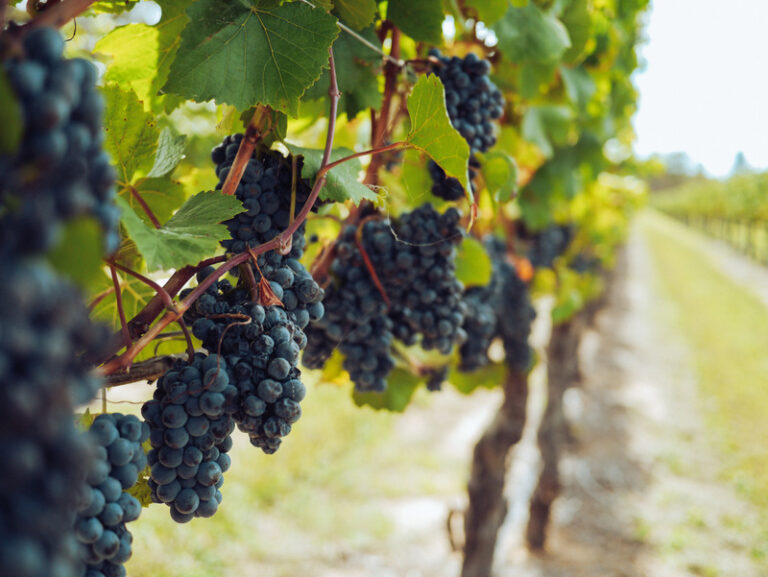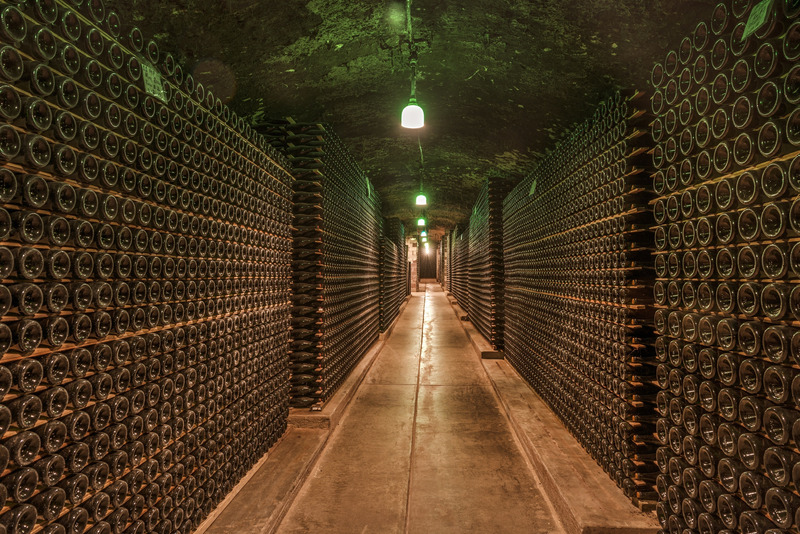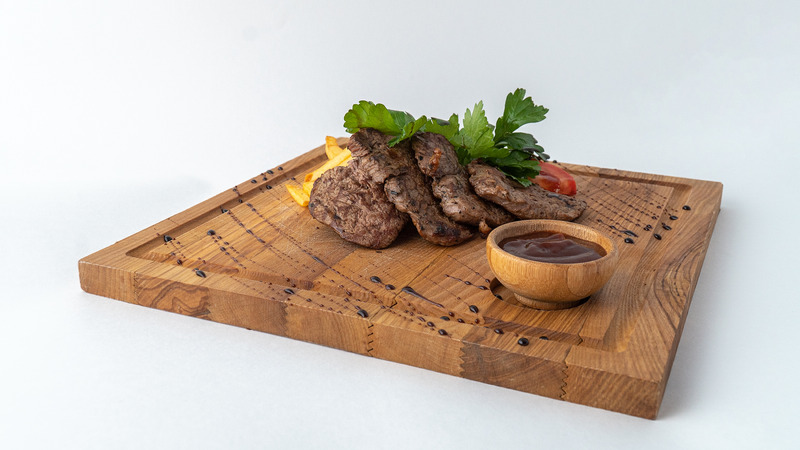Primitivo or Zinfandel?
Primitivo is a black-skinned grape grown in the south of Italy that , because of the similar
characteristics profile than the American Zinfandel, has caused many discussions in regards
of its origin.
After several theories, in 2001 a researcher of Davis University proved that Primitivo and
Zinfandel actually share the same Croatian ancestor. In fact, is believed that the progenitor of
Primitivo/Zinfandel has existed in the Dalmatian coast from very long time and it was already
known in the XV century with the name of Tribidrag. Therefore Primitivo came to Puglia
literally from the other side of the Adriatic sea thank to the Illiri, a population who was living
in the Dalmatian coast during the roman empire.
In USA the “current” Zinfandel was brought at the beginning of the XIX century from the
austro-hungarian troops. This theory is confirmed also by the evidence that the first
appearance of this grape in USA dates back on the 1830 when was mentioned as “ Black
Zinfandel of Hungary”.

Despite the name Zinfandel remains a mystery there is more certainty in regards of the Italian
appellation Primitivo. At the end of the XVIII century Francesco Filippo Indelicati, a priest in
Gioia del Colle, spent his time analysing how vines perform in different ways. Hence he
noticed that one was ripening earlier than the others and so he decided to call it Primitivo
which in Italian means that “belong to the initial period”.
Disregarding from the name, this grape is identified by an high content of sugar and a
relevant amount of anthocyanins that result in wine elevated in alcohol and deep in colour. In
fact, although Primitivo/Zinfandel is early harvested, the pholyphenolic maturation and the
quantity of sugar in the crop is great. As it is a delicate grape to grow, being very sensitive to
frost, mould and drought, the ideal climate would be warm and dry within short but intense
rains.
Thus Primitivo/Zinfandel gives powerful full bodied wines which are rich in colour, very
extracted in flavours and within sharp tannins that could benefit from oak ageing.
In Puglia there are 12.000 hectares of vineyards farmed by Primitivo which is used to
produce several different styles of reds but the most relevant ones are the two DOC’s:
Primitivo di Gioia del Colle and Primitvo di Manduria.
Primitivo di Gioia del Colle is produced around the Bari district between 200 to 450 meters
above the sea level, mainly on clay soil. In this appellation is not allowed to use any grape
outside than Primitivo and the minimum abv required is 13%.
Primitivo di Manduria is surely the most awarded version of this grape and is grown in the
southern part of Puglia. The minimum amount of Primitivo in the wine has to be 85% and the
abv has to reach at least 13,5%. It can be labelled as Riserva if the abv is at least 14% and
undergoes in oak ageing for a minimum of 2 years.

Primitivo Di Manduria displays flavours of forest floor and blueberries with a palate of plum
that is beautifully matched by a gentle use of oak. Despite it is more alcoholic and tannic than
Gioia del Colle (lighter and more mineral), Primitivo di Manduria remains smooth, fine and
well balance in all its elements.
In USA there are 19.000 hectares of vineyards planted by Zinfandel and California covers the
most of it within 17.500. In California Zinfandel tends to ripen unevenly with the
consequence to be released in a range of styles.
There are large volumes of rose’ Zinfandel ,made from early-picked grapes, along with a
relevant production of white Zinfandel, medium sweet and low in alcohol that is often a result
of raisined bunches. Whites and roses represent a pleasant easy-drinking alternative but the
most awarded version of Zinfandel is the red one produced in Sonoma and Napa Valley.
Comparing to the Italian Primitivo, the red Californian Zinfandel is more tannic, less
alcoholic and can display subtle herbaceous notes.
Zinfandel and Primitivo are both powerful red full bodied wines with high tannins which can
be softened if paired by salty food such as aged cheeses or savoury meats.
Zinfandel/Primitivo is a richly extracted wine that cannot be drunk without food or alone but
is rather perfect for conviviality and celebrations. It is great to gather and welcome people
together just like the fabulous Puglia and California do.

